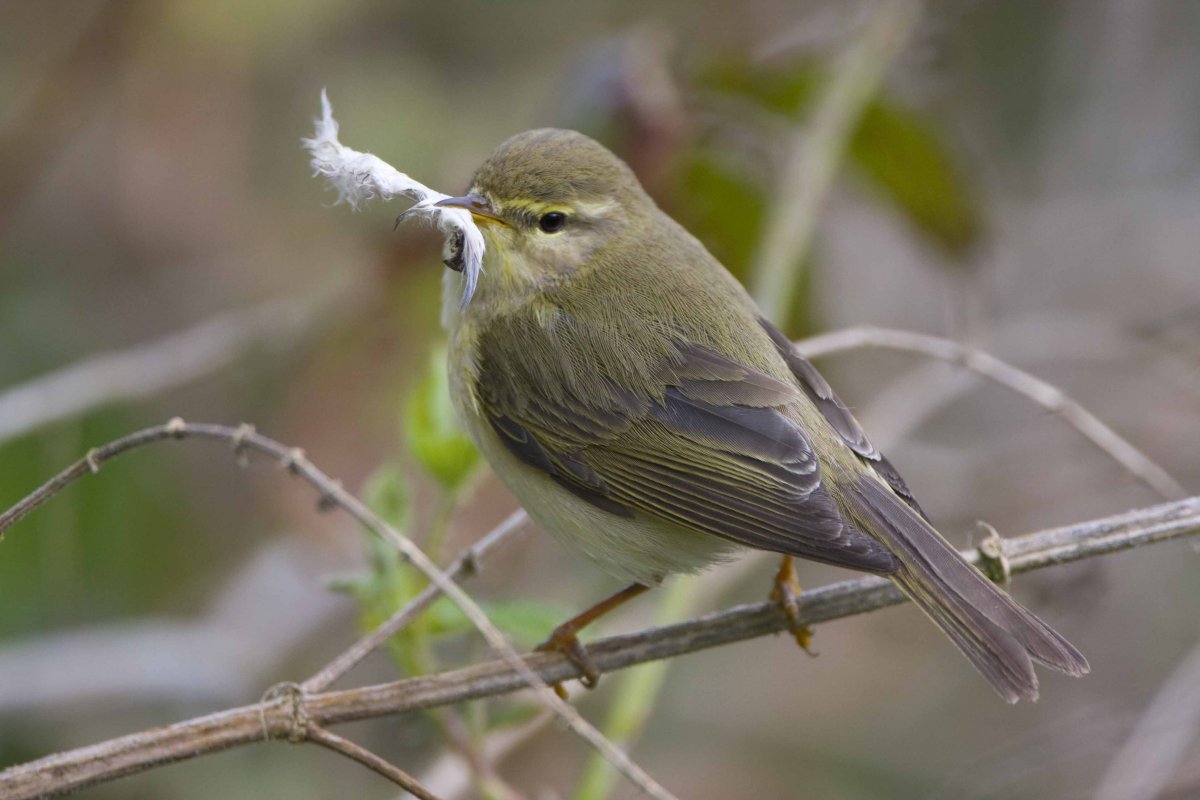BTO publishes peer-reviewed papers in a wide range of scientific journals, both independently and with our partners. If you are unable to access a scientific paper by a BTO author, please contact us.
Search settings
Demographic drivers of decline and recovery in an Afro-Palaearctic migratory bird population
Author: Morrison, C.A., Robinson, R.A., Butler, S.J., Clark, J.A. & Gill, J.A.
Published: 2016
Populations of many species of migratory bird are declining in Britain. However, the picture is not equally gloomy across the country. Many species are doing much better in northern Britain than they are in the south. Recent research, led by Cat Morrison at the University of East Anglia in collaboration with BTO staff, has used BTO data to understand why this difference occurs.
11.11.16
Papers

Multi-state multi-stage modeling of nest-success suggests interaction between weather and land-use
Author: Miller, M. W., Leech, D. I., Pearce-Higgins, J. W. & Robinson, R. A.
Published: 2016
A common issue that many analysts of biological data encounter is that of detectability. For a human population we can (in principle) count every individual. For wildlife though, things are trickier, and only rarely is this possible. Bird’s nests are a good example of this - we cannot find every nest. Some are well hidden, some are out of reach, and some we just miss. When we do find a nest, it is rarely right at the start of egg-laying, mostly we find them when they already have eggs or chicks in them.
01.11.16
Papers

First formal estimate of the world population of the Critically Endangered spoon-billed sandpiper Calidris pygmaea
Author: Clark, N.A., Anderson, G.Q.A., Li, J., Syroechkovskiy, E.E., Tomkovich, P.S., Zöckler, C., Lee, R. & Green, R.E.
Published: 2016
29.10.16
Papers
Impacts of climate change on national biodiversity population trends
Author: Martay, B., Brewer, M.J., Elston, D.A., Bell, J.R., Harrington, R., Brereton, T.M., Barlow, K.E., Botham, M.S. & Pearce-Higgins, J.W.
Published: 2016
Climate change is a much discussed topic. There has been significant warming in the UK since the 1960s, with land temperature from 2005-2014 0.9°C higher than the 1961-1990 mean, and detectable shifts in rainfall patterns. During this time, there have been significant changes in biodiversity too, with long-term declines in some of our bird species, such as on farmland and in woodland, and in our moths. Other taxa have seen increases however, including some of our mammal species like deer. An important component of our work at BTO is to identify the causes of population changes in our biodiversity. Here, we consider the role that climate change may have played in driving some of these long-term trends.
04.10.16
Papers

Updated risk of H5N1 HPAI incursion to poultry in Great Britain via wild birds
Author: Kosmider, R., Smith, J., Gillings, S., Snow, L., Breed, A.C., Irvine, R.M. & Hill, A.
Published: 2016
16.09.16
Papers